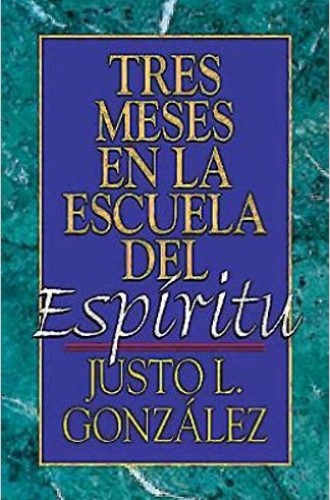Lived witness
The Century invited people to comment on their favorite book of the Bible and a book that has helped them appreciate or understand the biblical text. All of the responses are linked here.
The Rev. James M. Lawson Jr., who trained the students who sat in at lunch counters and desegregated Nashville, says that those students did not know that they were the “civil rights movement.” Likewise, the Christians whose ministries are documented in the book of Acts did not know that they were the “early church.” They were living their faith as fully as possible in their historic context.
I am inspired and challenged by these Christians’ practical recognition of the implications of the kingdom that came in and through Jesus. They knew themselves to be a family in Christ, and so they shared all things in common. They knew that the ancient hierarchies of Jew/gentile, slave/free, and male/female were breaking down. And yet they struggled with how to live the process of liberation.





